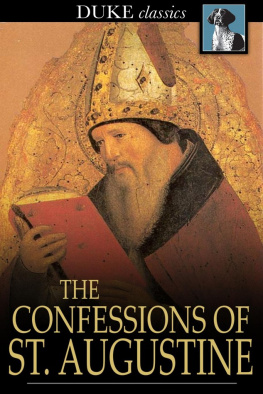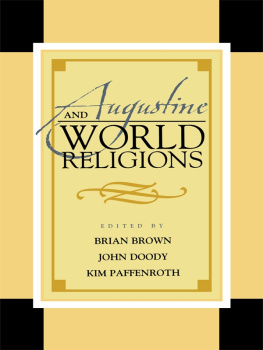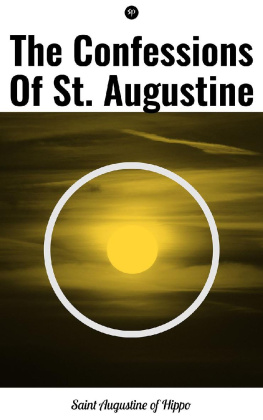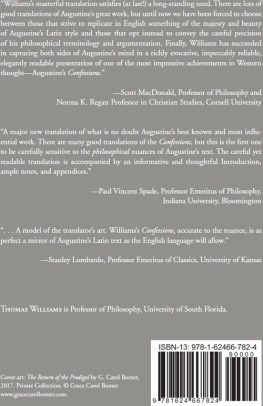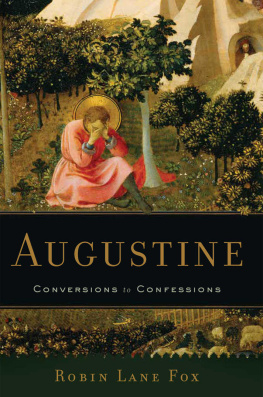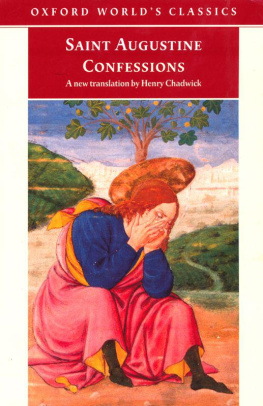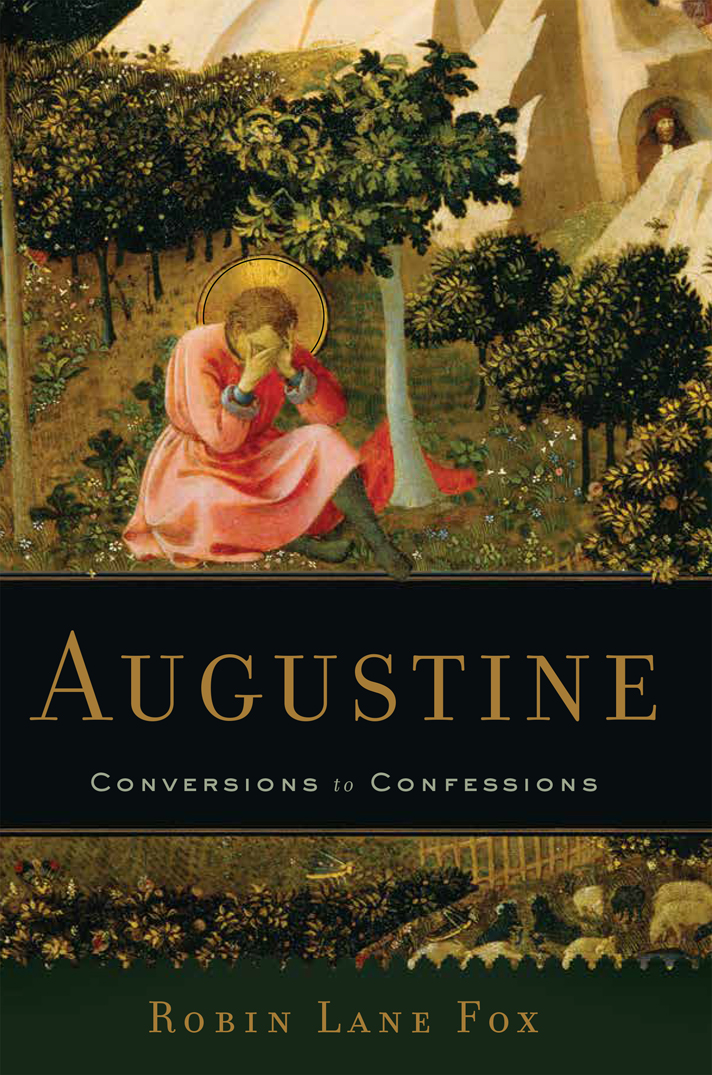


Copyright 2015 by Robin Lane Fox.
First US edition published by Basic Books,
A Member of the Perseus Books Group
All rights reserved. Printed in the United States of America. No part of this book may be reproduced in any manner whatsoever without written permission except in the case of brief quotations embodied in critical articles and reviews. For information, contact Basic Books, 250 W. 57th St., 15th Floor, New York, NY 10107.
Books published by Basic Books are available at special discounts for bulk purchases in the United States by corporations, institutions, and other organizations. For more information, please contact the Special Markets Department at the Perseus Books Group, 2300 Chestnut Street, Suite 200, Philadelphia, PA 19103, or call (800) 810-4145, ext. 5000, or e-mail .
Library of Congress Control Number: 2015949890
ISBN: 978-0-465-06157-0 (e-book)
First UK edition published by Allen Lane,
an imprint of Penguin Books, Penguin Random House UK.
Typeset by Jouve (UK), Milton Keynes
10 9 8 7 6 5 4 3 2 1
IN MEMORIAM
Peter Carson
(19382013)
SCRUTATORIS ACERRIMI
Hoc et illud ultra in aeternum
Augustine, Confessions VIII, 11.26
Contents
Guide
Contents
Augustine is the person about whom we know most in the ancient world. Sixteen hundred years later, he can still be followed in changing detail through his own voluminous writings. For that reason alone, he is a fascinating study, inexhaustible evidence for a world both like and unlike our own. It still amazes me that we can read the very words of himself and his debaters on exact days as far away as 13 November 386 or 28 August 392. The ancient world is suddenly very close to us.
Augustine is also a Christian and is immediate to many readers for that reason too. When I began this book, both the Pope and the Archbishop of Canterbury were distinguished scholars of his thought and context. I do not share their, or Augustines, faith, but, like them, I am intrigued by his restless intelligence and his exceptional way with words. My greatest debt, therefore, is to Augustine, who is always articulate about himself and his beliefs. I have often wondered how he would write to me, belittling my worldly multiplicity, but failing, I think, to dislodge it.
Like many others across the world, I have been inspired and sustained in my interest in him by Peter Browns superb biography, first published in 1967. As he is the first to realize, the continuing flood of modern studies and even, remarkably, some newly found evidence alter some of its viewpoints after nearly fifty years. He has outlined in a second edition how he would adjust to them and I have remained aware that he would have done so in ways which I am not even able to see. I have said less on guilt and more on mysticism and I have presented differently Augustines relation to Neoplatonism and to a lost future in his middle age. I have had the luxury of much more space, as my book stops with the Confessions. I have therefore given more attention to the disputed details of his conversions and much more to the next eleven years of his writings and actions before he began to confess. I have a different view of the immediate context of the Confessions, their genre and their length of composition. I also have more to say about the last three books, ones which perplex initial readers but which I have come to value most.
There are many fine short books on Augustine, from Marrou to Chadwick, Trap to Te Selle. I saw no reason to add another, so I opted for a long book, based on my own reading of all Augustines surviving writings until September 397. I have deliberately minimized my use of his writings after that date, partly for a practical reason, my relative ignorance, partly because myopia has advantages, as he himself composed the Confessions without knowing what he would write later.
I have planned the book with a clear structure for which a musical analogy may be helpful. Throughout, it is composed as a biographical symphony whose theme is Augustines life up to the age of forty-three. The first half, or movement, is mostly about conversions, with confessing as an undercurrent. The second half is mostly about confessing, with conversions now the undercurrent, his conversions of others rather than himself. Throughout, I allow pagan Libanius and Christian Synesius to play variations on some of the chords. Neither of them had Augustines intelligence, but, behind their rhetoric and complex style, I have found myself sympathizing with each of them too, at least over what they present as the most important items in their lives.
Augustine is the subject of a yearly torrent of scholarship across the world. I owe it a debt which readers, I hope, will bear in mind throughout. The challenge is less to say something which has nowhere been said before than to decide what to believe and why and what to work into a new whole. I have been helped by many lifelong experts who have looked kindly on yet another Augustine book. Two visits to Villanova University and the kindness of Fr Allan Fitzgerald at its Augustinian Institute have been most helpful. So has much modern scholarship across Europe and America, in particular the incisive writings of Henry Chadwick, the detailed commentaries by the great expert J. J. ODonnell and the French tradition, old and new. At every turn I have learned from its past masters, Aim Solignac, Pierre Courcelle and Jean Ppin, more recently from Georges Folliet and above all Goulven Madec, whose cigarette, at least, I once lit, before receiving a terse answer to a question about Augustines ideas about weight and the soul. The exact writings of Martine Dulaey and the brilliant studies by Isabelle Bochet have continued to make me see much which I would otherwise have missed. Augustines writings have long been scrutinized for allusions to the pagan classical authors, but although his use of Christian authors began very soon after his conversion, it has only recently been studied in similar detail. His learning is too often borrowed, Gibbon slyly remarked in a note to his great Decline and Fall, his arguments, too often his own. We are now better placed than Gibbon to test this remark against Augustines early years, thanks especially to the work of Dulaey, Bochet and Nello Cipriani.
In Britain, the expertise of Gillian Clark, Carol Harrison, G. J. P. ODaly, Roger Tomlin and Neil McLynn has been invaluable, accompanied by the kindness of many colleagues across the world who have sent me articles, books and helpful references, including A.-I. Bouton Touboulic, John P. Kenney, Paula Fredriksen, Christoph Markschies, Sigrid Mratschek, Michael Williams, Jason BeDuhn, Frisbee C. Sheffield and Peter Brown. I am particularly grateful to those who have read and criticized all or part of the book. My American publisher, Lara Heimert, made penetrating comments on its shape and structure. My English publisher, Stuart Proffitt, read it with the closest attention to its phrasing and intellectual blind spots. Mark Edwards commented acutely on my chapters on the Platonists and Neil McLynn on the two about Rome and Milan. It is a special pleasure to me that Samuel Lieu found time to comment on the Manichaean chapters forty years after I read his important thesis on Mani and his mission in Asia which revived my interest in that subject. Sigrid Mratschek read the last six chapters with her exacting eye and tightened their contents with her unrivalled knowledge of the exchanges of letters between the protagonists. In Oxford, Matthieu Pignot has helped invaluably with the notation and correction of the text and has given me encouragement on many of its topics, especially Augustines catechumenate, on which his research is particularly important. Jonathan Yates of Villanova University then read most of the book at short notice with kind patience and expert attention, a masterclass which has improved it in many ways. None of these readers would have written as I have, but I have responded carefully to what they have corrected and adjusted. Their own views of Augustine would often be different.
Next page

